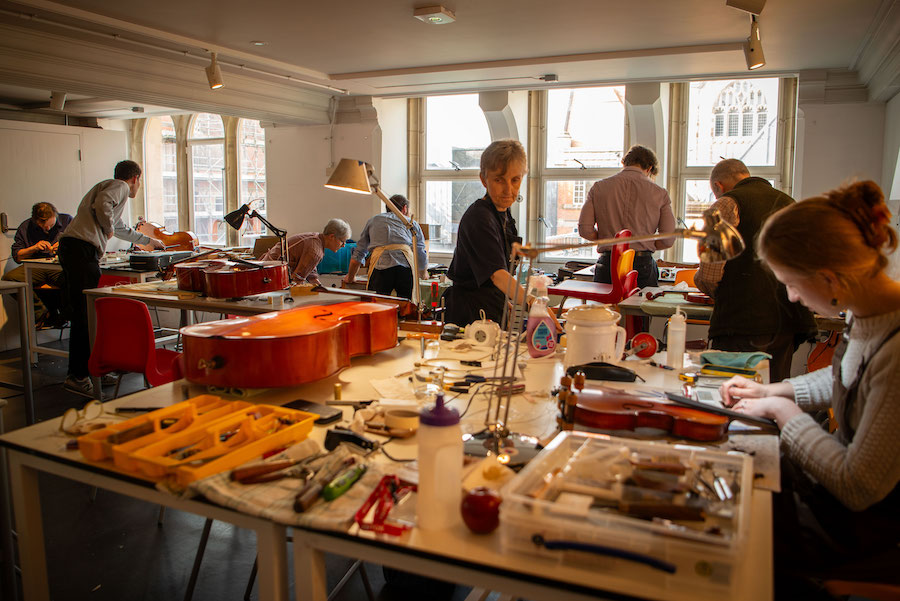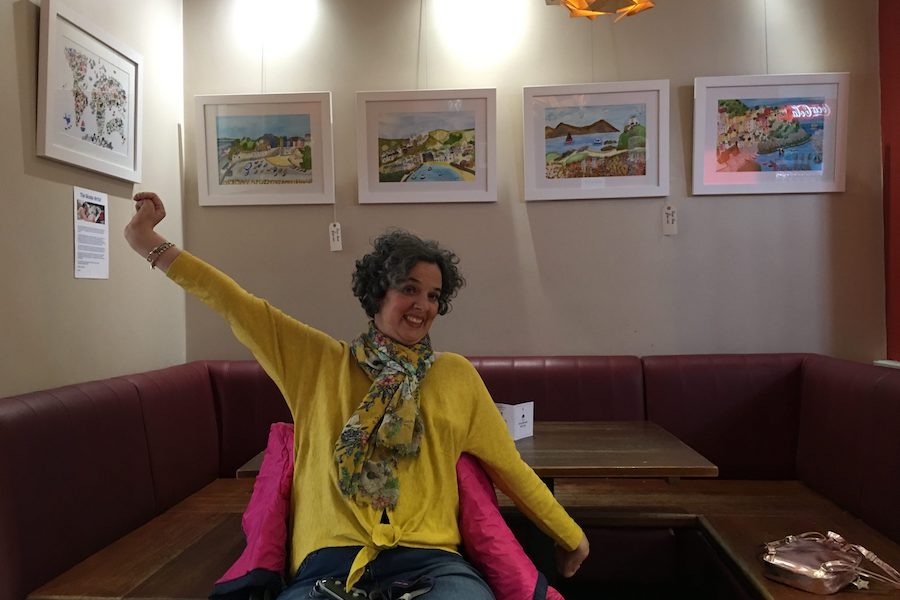Manchester’s nightlife is flourishing despite a spate of closures says Sacha Lord
- Written by Susan Griffin
- Last updated 6 years ago
- Nightlife
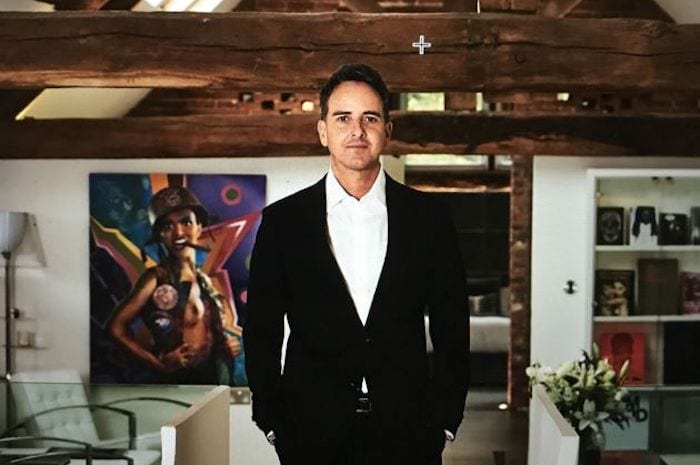
It’s been a strange time for Manchester’s nightlife, with a spate of closures announced in a seemingly brief period of time.
But despite ominous headlines, it’s far from a depressing outlook for the city.
“The press love doom and gloom and it’s nonsense,” says Sacha Lord, founder of Parklife and Warehouse Project and the Night Time Economy Adviser for Greater Manchester.
“There have been closures but if you look at them independently, it’s not necessarily been down to the fact people aren’t coming out,” he says.
“Sankeys closed. Venus closed. I would say they hadn’t really invested any money, it was quite tired, they hadn’t changed with the times. Antwerp Mansion closed for licence reasons.”
It was reportedly a bad business decision by parent company MAD Ltd that led to the closure of Hula, The Fitzgerald, The Blue Pig, Walrus, Tusk and Rosylee in October.
They have already reopened, or will be in 2019, through new company HNQ Ltd.

And the truth is, there’s no shortage of customers – which is why there are new and exciting additions to the city’s nightlife almost every week.
In the last two months alone, we’ve seen Flight Club, Banyan Bar, Manahatta, Peter Street Kitchen, Mana and Vanitas open their doors – and that’s just a sample.
“There are stats that show in the last five years, openings have far outweighed closures across Greater Manchester and I have to say our night time economy is bucking all the other economies. Throughout Greater Manchester, we’ve seen a rise of 45 per cent over the last seven years, which is fantastic,” says Sacha.
There’s no doubt there’s a buzz in the air – and clearly no shortage of investment in the city.
“Everyone knows that when you see cranes appearing in the skies, it’s a very good sign. At night, I’m blown away by the amount of red lights in the sky,” he adds.
On terra firma, we witnessed one of the most lavish launches the city’s ever seen with the opening party for The Ivy Spinningfields in November.
Spread across four floors, it’s the largest restaurant to open in the UK this year, which shows just how much confidence the group has in the city.
“I think the fact they’ve planted the flag speaks volumes,” says Sacha.
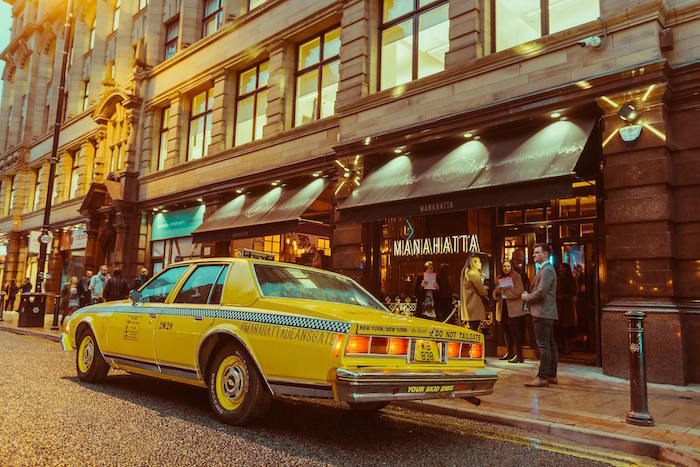
“To open somewhere with around 535 covers is mind-blowing. And what’s been great about the PR is they’ve not just arrogantly thought ‘We’re a big London brand with a reputation, we’re just going to open this restaurant’, which sometimes does happen.”
In fact, there’s so much happening in the city, owners and managers need to strategically plan how they’re going to stand out from the competition.
“It is a tough industry, but I think it’s all about choosing a great concept and carefully planning your location,” says Kevin Connor, co-owner of The Pen and Pencil who recently opened Honey Trap Club, which is inspired by the Berlin bar scene.
“People are always looking for something new to try and so it’s important to keep on evolving, growing and listening to what people want.”
Andy Smith, who launched 33 Oldham Street last month, agrees.
“People are always looking for new experiences. We’ve invested in an incredible sound system and have an app to allow customers to order food and drinks direct to their table using their mobile device. These small investments will make a huge difference to the quality of our guests experience,” he says.
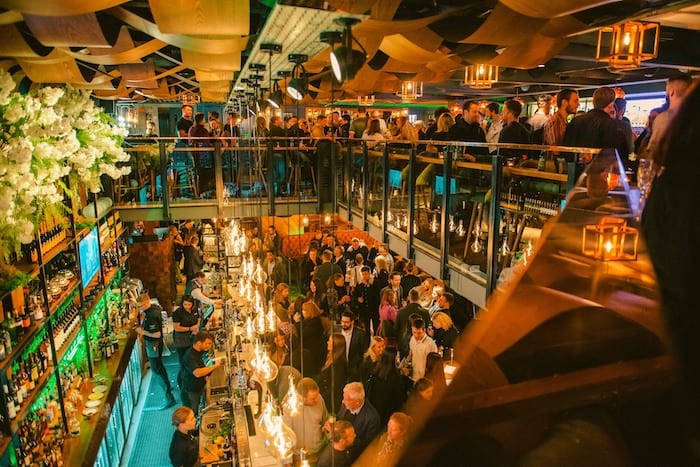
The consensus among industry insiders is that the customer doesn’t mind paying a bit more these days, as long as they’re getting a premium product in return.
“For restaurants, the days of being able to get away with serving very amateur food has gone,” says Sacha. “The customer wants a better meal, or a better quality cocktail or better music policy, which is great because it means people are competing and competition’s healthy.”
If the owners are providing a better experience, they’ll want people to know about it, so appealing to a social media savvy crowd is paramount.
“Now everyone’s a critic,” says Sacha. “Everybody’s waiting for that amazing picture or to slag that meal off and it can destroy businesses overnight, so everyone has to up their game.”
It’s why emphasis is placed on making interiors Instagram-friendly. It’s something interior designer Michelle Derbyshire considered when planning the dusky pink interior of Sunset by Australasia in Spinningfields.

“Making a space photogenic is my number one agenda,” she says. “Social media, particularly Instagram, is an incredibly influential tool and how you generate a buzz and a conversation, more so than traditional avenues.”
The Insta-era is also having an impact on the customers themselves – especially the younger crowd.
“The demographic I appeal to, the 18 to 25-year-olds, are the healthiest that generation’s been for decades because they all want the perfect image,” notes Sacha.
“They all want to be seen in the right place and look good, so they’re drinking less, eating healthier, going to the gym. Don’t get me wrong, there’s still drinking, but on the whole they’re looking after themselves a lot more.”
As much as the city’s nightlife is flourishing, it’s important to keep looking forward to ensure momentum is maintained.
There has been talk of Manchester becoming a 24-hour city to rival European cities such as Paris, Amsterdam and Berlin but the reality is there’s a long way to go.
“In Paris, if you leave your hotel at 11pm, you can go and walk into a museum or go for a coffee, but Manchester doesn’t have that at the moment,” says Sacha, who wants to widen the scope of how people spend their evenings.
“It’s a shame the galleries shut at 6pm here when most people are still at work. It would be great to extend those hours.”
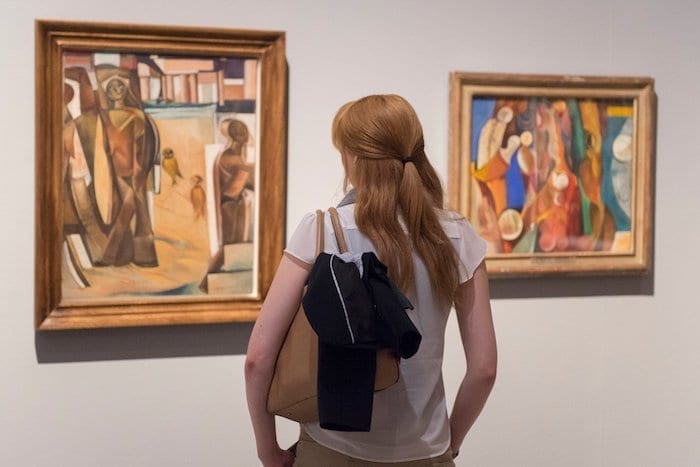
Viable transport options are imperative, and steps are slowly being made.
“The free shuttle bus that travels around the city centre has been extended to 10pm and there’s a much wider conversation going on with Transport for Greater Manchester, who I have to say have been really positive,” says Sacha. “You can’t click your fingers and make it happen tomorrow, but we’ve had some positive meetings.”
An evolving night time economy is something to be valued. According to the Night Time Industries Association, it’s the UK’s fifth biggest industry worth £66billion, and accounts for at least eight per cent of the UK work force.
It’s why Sacha’s relieved the leaders of the 10 boroughs of Greater Manchester “have a really progressive vision” and Mayor Any Burnham is “on side” because the aim is for everyone to profit.
“I’ve seen great plans for Stockport in the next two or three years, and Salford too, so I actually think we’re seeing something special,” says Sacha.
“I’m very keen that it’s not just the city centre that benefits because whenever it’s my time to step down and for someone else to take over, if I achieve great things in the city centre but not the other nine boroughs then I’ve definitely failed.”
- This article was last updated 6 years ago.
- It was first published on 11 December 2018 and is subject to be updated from time to time. Please refresh or return to see the latest version.
Did we miss something? Let us know: press@ilovemanchester.com
Want to be the first to receive all the latest news stories, what’s on and events from the heart of Manchester? Sign up here.
Manchester is a successful city, but many people suffer. I Love Manchester helps raise awareness and funds to help improve the lives and prospects of people across Greater Manchester – and we can’t do it without your help. So please support us with what you can so we can continue to spread the love. Thank you in advance!
An email you’ll love. Subscribe to our newsletter to get the latest news stories delivered direct to your inbox.
Got a story worth sharing?
What’s the story? We are all ears when it comes to positive news and inspiring stories. You can send story ideas to press@ilovemanchester.com
While we can’t guarantee to publish everything, we will always consider any enquiry or idea that promotes:
- Independent new openings
- Human interest
- Not-for-profit organisations
- Community Interest Companies (CiCs) and projects
- Charities and charitable initiatives
- Affordability and offers saving people over 20%
For anything else, don’t hesitate to get in touch with us about advertorials (from £350+VAT) and advertising opportunities: advertise@ilovemanchester.com
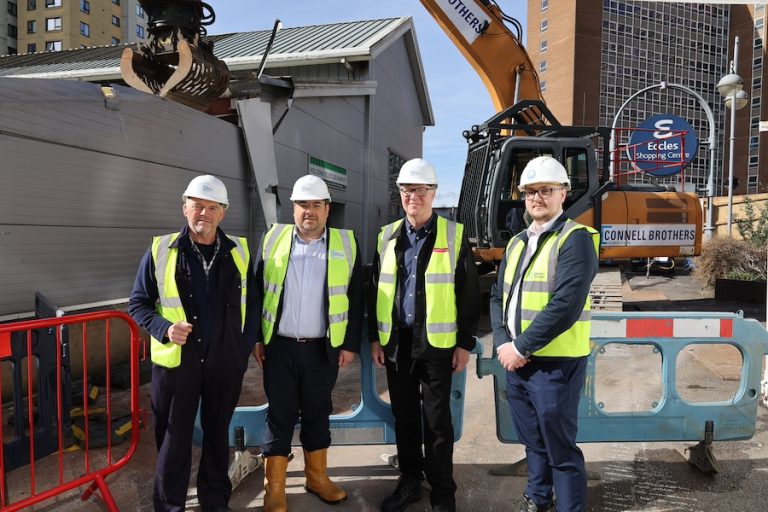
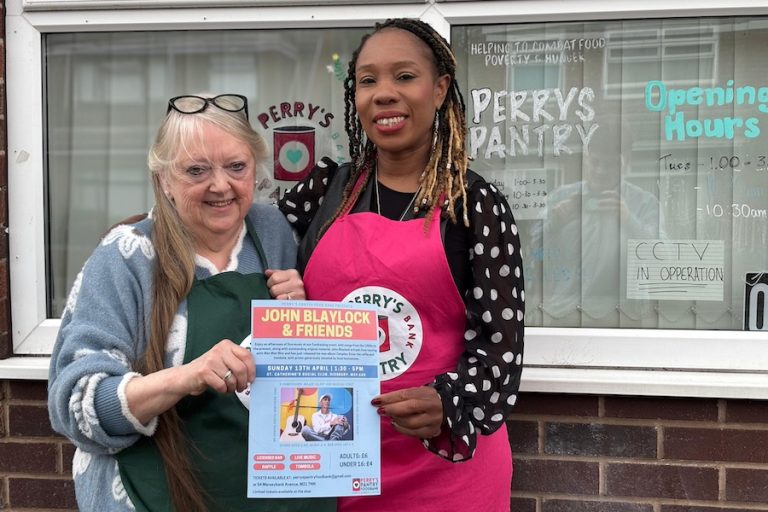
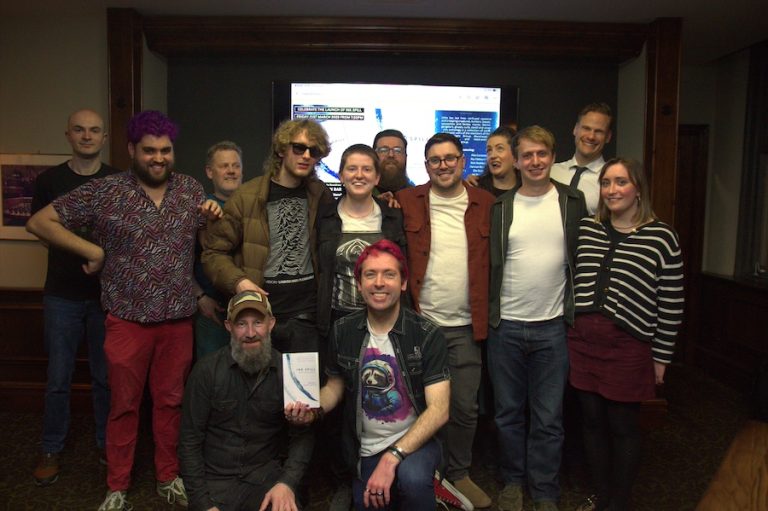
The eclectic group that’s been helping writers cut their teeth for 50 years

Manchester and Los Angeles prove that opposites really do attract

“His presence will be deeply missed” Children’s hospice bids farewell to their visionary CEO







